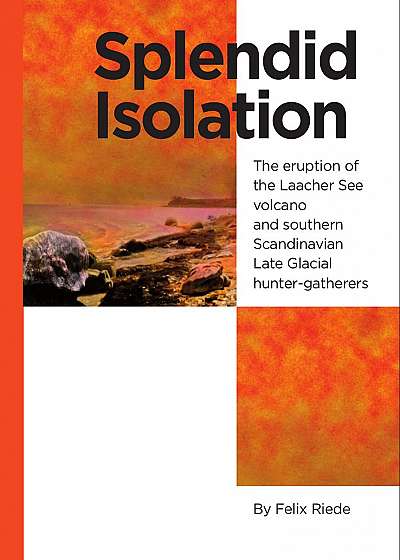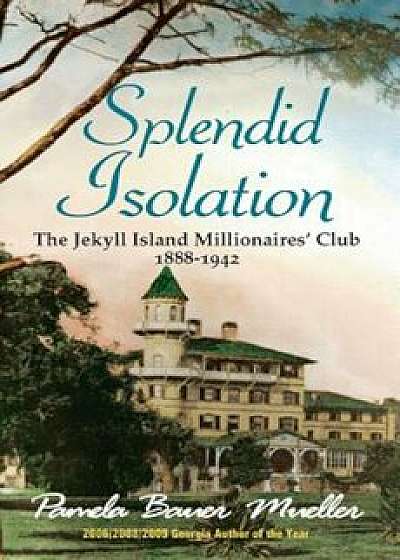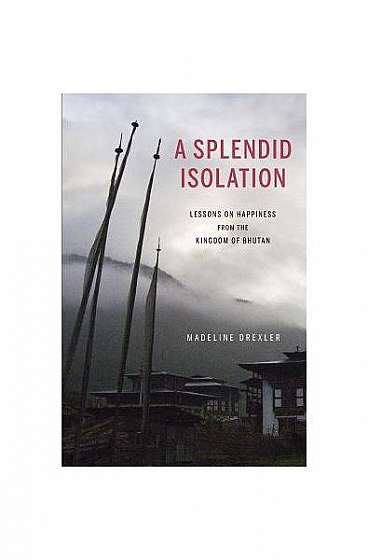
Splendid Isolation
Descriere
In the late spring some 13,000 years ago the Laacher See volcano in present-day western Germany erupted. The area in the immediate vicinity of the volcano was completely destroyed, covering and preserving, Pompeii-like, a prehistoric landscape complete with traces of plant, animal and human activity. But what was the impact of this cataclysm on the Final Paleolithic hunter-gatherer communities that occupied northern Europe at that time? This book presents a new take on the cultural evolution of these forager groups, seen in light of the Laacher See eruption. Rooted in a framework of vulnerability and resilience, the author makes a powerful and multidisciplinary argument for how the ecological and sociological consequences of the eruption led to, in particular, the emergence of the hitherto ill-understood Bromme culture that comes into existence in southern Scandinavia just after the eruption. The primary aim of this book is to integrate archaeology and volcanology in a better understanding of this remarkable episode of culture change in Europe's deep past. At the same time the author makes and argument that archaeological and historical studies of extreme event such as volcanic eruptions can and should play a greater role in historically informed, evidence-based decision making procedures in contemporary risk reduction policies.





